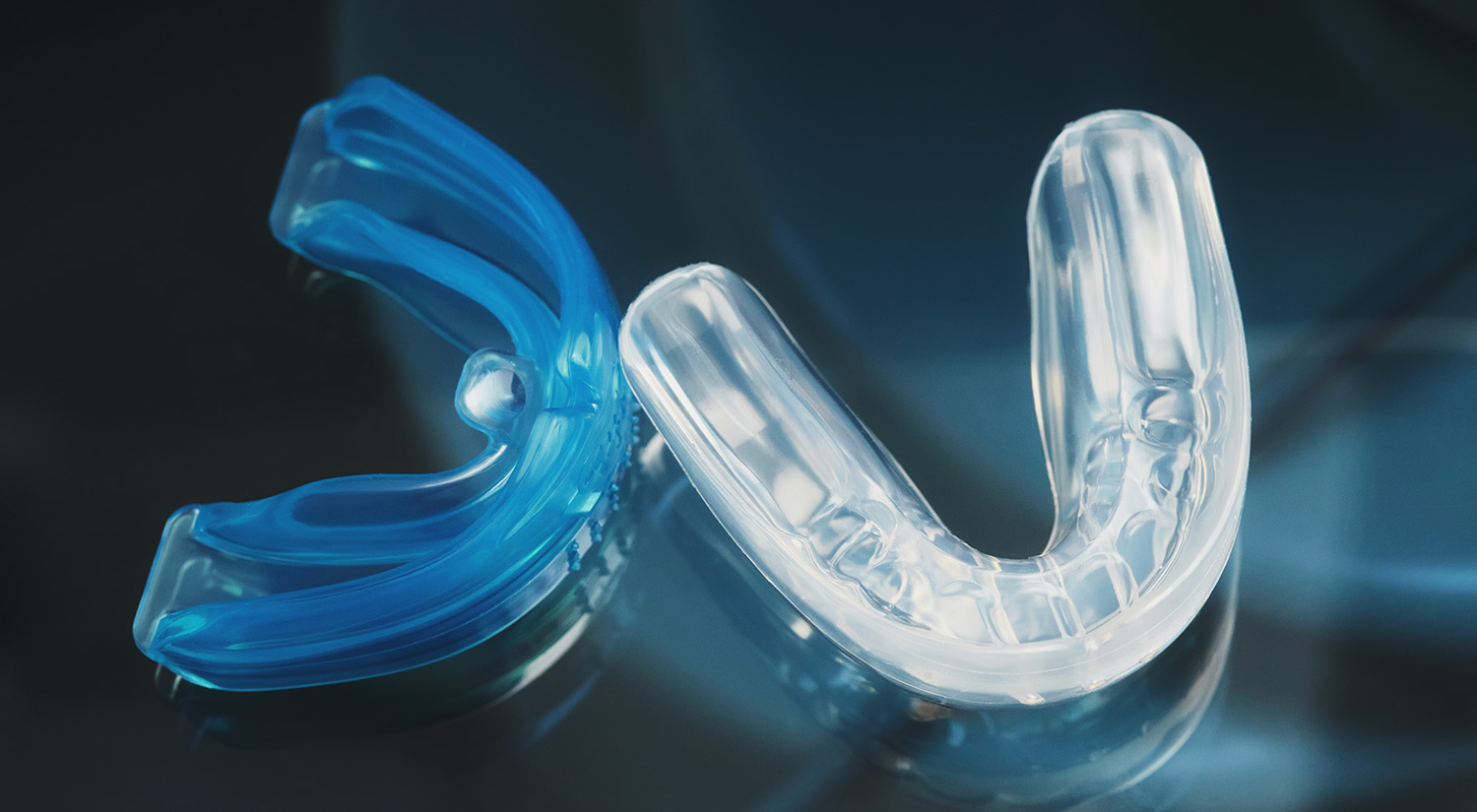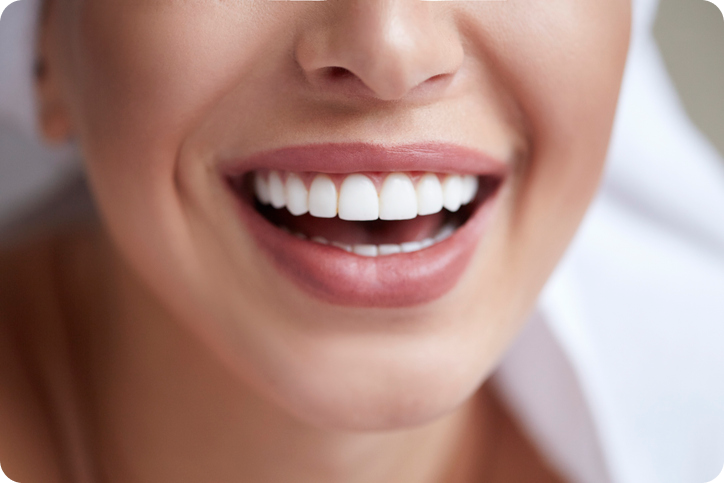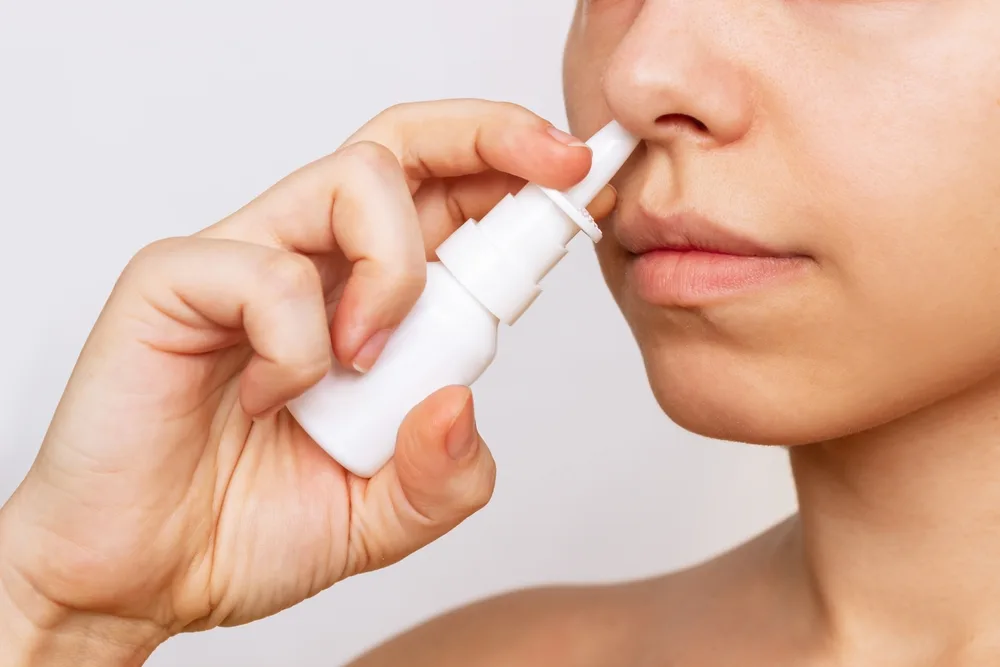Your Ultimate Guide to Different Types of Sleep Appliances

Sleep apnea can hinder your ability to enjoy deep, restful sleep phases and live a healthy life. This sleep disorder is characterized by breathing that starts and repeatedly stops throughout the night; snoring is also a common sign, but not everyone who snores has this condition. If you have been diagnosed with sleep apnea, your doctor may recommend sleep appliances Marion to open a blocked airway and make breathing easier. Below are examples of devices that your doctor may recommend
Oral appliances
Oral appliances or oral mandibular advancement devices may be an option if you have mild to moderate sleep apnea. They are designed to prevent the tongue from blocking the throat or advance the lower jaw forward; this may relieve snoring and mild obstructive sleep apnea. Although oral appliances might be easier to use than continuous positive airway pressure (CPAP), the latter is usually more reliably effective. Since there are various oral devices, your dentist may advise trying different ones so that you find the one that works for you. After finding the right fit, you will have frequent follow-up sessions with your dentist during the first year to ensure the device has the right fit and to evaluate your symptoms.
CPAP therapy
Continuous positive airway pressure (CPAP) often benefits patients with moderate to severe obstructive sleep apnea. This treatment aims to keep your upper airway passages open to ease symptoms like snoring. A CPAP machine delivers steady air pressure through a mask, usually greater than the surrounding air. Although CPAP therapy is a common and reliable treatment for sleep apnea, it can be uncomfortable for some people. If you cannot tolerate the forced air, consult your sleep doctor about using a machine that allows you to start with low air pressure. The tension of the straps on the mask can also be uncomfortable, but with time, most people get the hang of it.
There are different types of masks, so you should try more than one to find one that is comfortable. Do not stop using the CPAP machine if you find it uncomfortable; check with your doctor to see what adjustments can be made to increase your comfort. If you are still or begin snoring despite treatment, it is best to contact your healthcare provider. With regular visits, your sleep doctor can troubleshoot any problems and make necessary changes. Finding the correct settings and getting used to the mask can take a while, but with patience, CPAP can improve your health and overall quality of life.
APAP, BPAP, EPAP
If you still experience difficulties using a CPAP machine, your doctor may recommend other air pressure devices. For example, your doctor may recommend a BPAP machine if you need higher air pressure and less when you inhale. An EPAP device is similar to CPAP but has different settings, ranging from low to high, and is often recommended for patients with mild sleep apnea who don’t need a CPAP machine,
If you have further questions about sleep apnea, consult your provider at Cottage Grove Dental Care.




